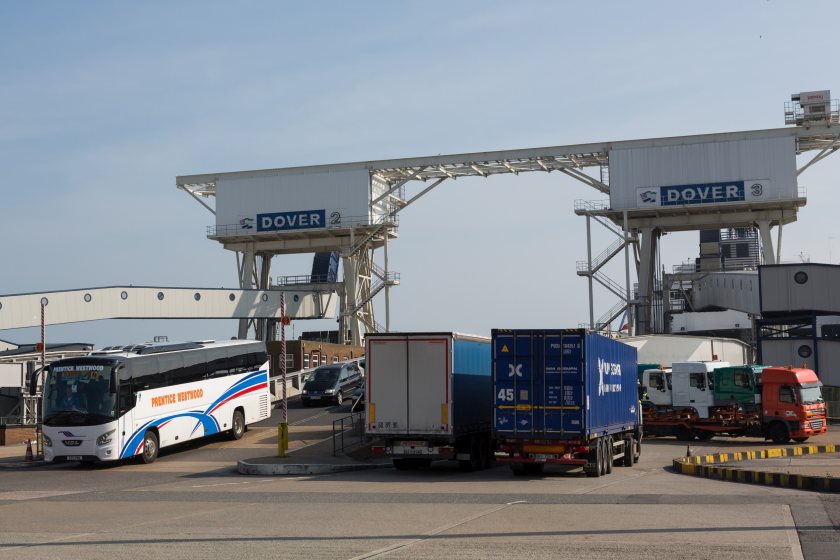Illegal meat flooding UK while ministers stall on biosecurity, say MPs

Britain is being left “in the firing line” of mounting biosecurity threats, MPs have warned, as the government delays vital measures to stem the tide of illegal meat entering the country until after 2027.
The Environment, Food and Rural Affairs (EFRA) Committee accused ministers of dragging their feet while diseases such as African swine fever and foot and mouth loom as potential hazards to the nation’s farms and food security.
While ministers admit illegal meat imports are a growing concern, they say key reforms must wait until EU trade talks conclude and a new Sanitary and Phytosanitary (SPS) agreement is in place.
Illegal meat imports — often carried into the UK in personal luggage or unregulated shipments — risk introducing devastating animal diseases that could cripple farming and damage food supply chains.
The EFRA Committee said the government’s position leaves the country exposed, despite both sides having agreed to strengthen cooperation and allow Britain to take “targeted action” to protect its borders.
Work on an agri-food deal to establish a UK–EU SPS Zone began in May, but MPs insist biosecurity cannot be placed on hold until those talks conclude.
In its response to the Committee’s report, published today (12 November), the government accepted some findings and promised a “more strategic approach”, including consideration of an inter-ministerial group on border goods. However, it stopped short of forming the dedicated taskforce urged by MPs.
The Committee’s investigation exposed glaring weaknesses in the UK’s systems to intercept rising quantities of illicit meat shipments.
Since the report’s release, the Dover Port Health Authority revealed that more than 20 tonnes of illegally imported meat were seized in a single month — a stark illustration of the scale of the problem.
While the government has agreed to improve cooperation between Defra and the Dover Port Health Authority, MPs criticised what they called a troubling lack of urgency.
Committee chair Alistair Carmichael MP warned that “the SPS agreement is not going to regulate those who chop up animals and transport them in suitcases,” referencing what members witnessed firsthand during a visit to Dover. “
The government’s approach to threats to the UK’s biosecurity is to leave the UK sitting in the firing line. Pathogens don’t wait for policy — that’s why urgency in biosecurity matters.”
He added that the UK cannot afford to wait for negotiations to finish before acting: “Our report found that there is currently no effective deterrent to meat smuggling, and the risks to animal and human health, our food security, farming sector and the economy are significant.”
Without urgent action, MPs warn, Britain’s farms and food supply could face the consequences of government delay.








